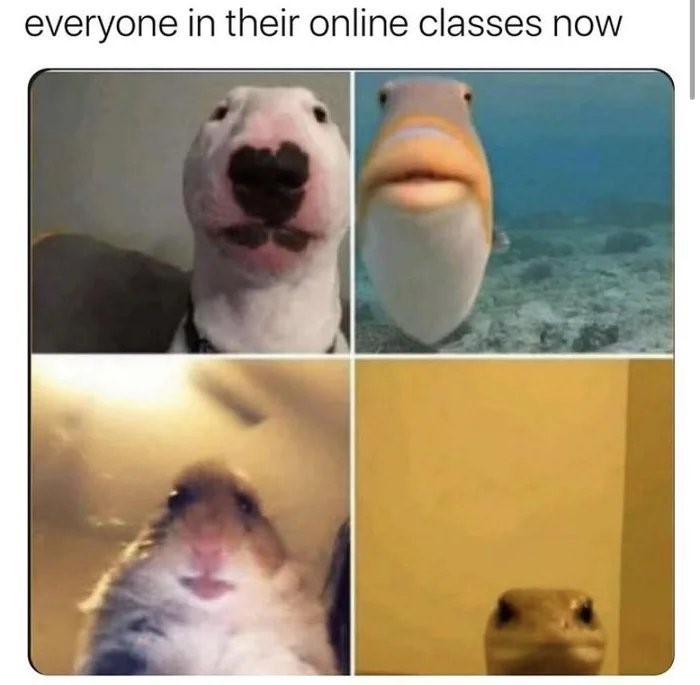ONLINE STUDENT SURVIVAL GUIDE
The following post was written by Brittney Paxton, Theta Lambda–University of West Florida, Education Manager for the Fraternity.
Switching from the classroom to an online learning environment can be jarring. Here are a few tips to help you dominate the online learning experience.
Clearly Identify Expectations
With the rush of courses moving to an online format, there may be items you need clarity on. Be comfortable with asking questions. We are all in this experience together and bring various perspectives that may need more information to clarify expectations.
- Connect with the Professor. Your professor will share expectations within the course syllabus regarding participation and assignments. Participation in the course platform can be seen and measured by your professor. The amount of time you spend in the course, the time you devote to quizzes and the caliber of your engagement in discussion threads are often assessed as participation. If participation expectations are not outlined, connect with your professor to clarify the expectations to effectively engage in the course.
- Connect with Your Peers. Connecting with your peers in the course platform or a co-curricular platform like a GroupMe, FocusMate or a Facebook group can foster relationships within an online class. The more you connect with your peers and seek to understand each other, the more enriched your learning experience becomes.
- Yourself. Most of all, set realistic expectations with yourself. We can be our greatest enemy or greatest advocate. Determine strategies and routines that work the best for maintaining your engagement and assignment deadlines. Try to keep your daily routine as consistent as possible.
Resources
- Google Calendar
- Google Keep (lists)
- Google Play (music)
- Asana (to-do list)
- Evernote (organizing audio, photos and text notes in individual notebooks)
- FocusMate
Find a strategy that works for you. Consider strategies that also keep your anxiety in check. Devote more time to and prioritize items to promote productivity. I make templates for specific assignments to help get me started and break down my anxiety around staring at a blank page with no idea where to begin.
Identify Your Ideal Location
Correction—Identify your realistic ideal location. The best classroom settings and study locations will support your information processing style effectively. Consider what elements you need to feel safe, confident and prepared to participate in class. These items may vary based on the course, professor and area of study.
Make a list of the items you need to be successful in your online learning experience. Consider course supplies, expectations and aesthetics.
- Do you have the right tools and the right environment to be successful?
- Do you need a desk to type or take notes?
- Is your camera working and at a good angle for class engagement?
- Do you need earbuds with a mic at your location?
- Do you need post-its or posters with encouraging messages?
- Make your space, your space.
Dedicate the Time
Online classes take equal amounts of time, if not more, dedicated to understanding and completing assignments. When I first began online classes I thought they would be much easier, which is not always the case. Online courses are diverse, just like face-to-face experiences. The area of study, peers in your class and the professor really shape the experience. Assess how much time you need for reading assignments, quizzes and papers as you would for an in-person experience. Also, dedicate time for group projects and study sessions with your peers.
Connect Often
Stay connected with your peers by hosting remote study dates, coffee dates and Q&A sessions. Having a peer to ask questions and provide clarity, (especially in time of stress and uncertainty) helps you feel more confident in your work and relieves your stress.
Find the Fun
Make class personable! Work to build relationships and a collaborative environment within your learning experience. If the course platform offers a space to share about yourself in a bio or profile—update the information. Share articles, viral posts, music and resources with each other. You get the most out of your class when you get the course credit and walk away with strong connections with future colleagues. You will need support and a strong network of peers in your field post-graduation.


